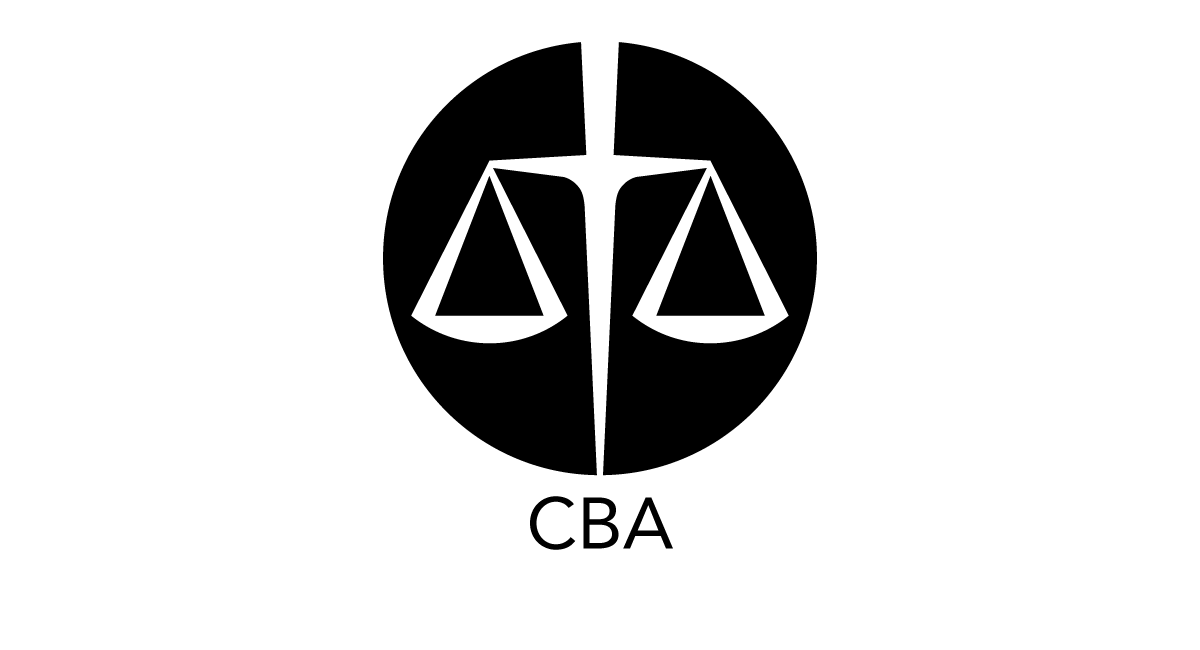Canadian Bar Association Members Vote On Sanctions, Children’s Welfare, And Articling Conditions At AGM

The Canadian Bar Association (CBA) approved all seven resolutions presented at its annual general meeting on Tuesday, setting the stage for the organization to take positions on key issues, including economic sanctions, Criminal Code amendments, and work conditions for articling students.
One of the first resolutions, introduced by Sean Stephenson, counsel at Dentons, called on Global Affairs Canada and the Minister of Foreign Affairs to strengthen Canada’s sanctions regime.
The resolution urges the government to:
Provide clear guidance on interpreting and applying sanctions.
Ensure faster responses to permit applications.
Offer public explanations when listing individuals or entities under sanctions.
Stephenson, chair of the CBA’s national section on international law, stated that this measure addresses significant shortcomings in the current system. The working group behind the resolution—formed after Russia’s invasion of Ukraine—comprises about 60 legal professionals from across Canada.
The resolution passed without debate.
Another key resolution sought to repeal Section 43 of the Criminal Code, which permits parents, teachers, and guardians to use reasonable physical force to discipline children.
Cheryl Milne, executive director of the David Asper Center for Constitutional Rights, argued that research and international legal interpretations on children’s rights have evolved since the Supreme Court of Canada upheld the provision in 2004.
“I believe that it would no longer be held constitutional,” Milne said.
The resolution also commits the CBA to joining over 700 organizations in condemning physical punishment and advocating for greater awareness of children’s rights.
Despite concerns from some members about legal uncertainties following a repeal, the resolution was approved without further pushback.
A nationwide survey of young lawyers and law students highlighted serious concerns about articling experiences, including unfair pay, lack of accommodations for bar exams, absent mentors, and reports of harassment and discrimination.
Graeme Maitland, an associate at Aarbo Fuldauer LLP and chair of the young lawyers section, introduced a resolution urging the CBA to work with law societies, legal employers, and students to address these issues.
“This is unacceptable. Change must happen,” Maitland stated.
While acknowledging the resolution as broad, he emphasized that it would serve as a foundation for a detailed report with concrete recommendations at next year’s AGM.
The resolution passed without debate.
With all seven resolutions approved, the CBA is now positioned to advocate for legislative and policy changes in these areas. These decisions reflect a broader effort to modernize legal frameworks, protect vulnerable populations, and improve legal education and professional development.

